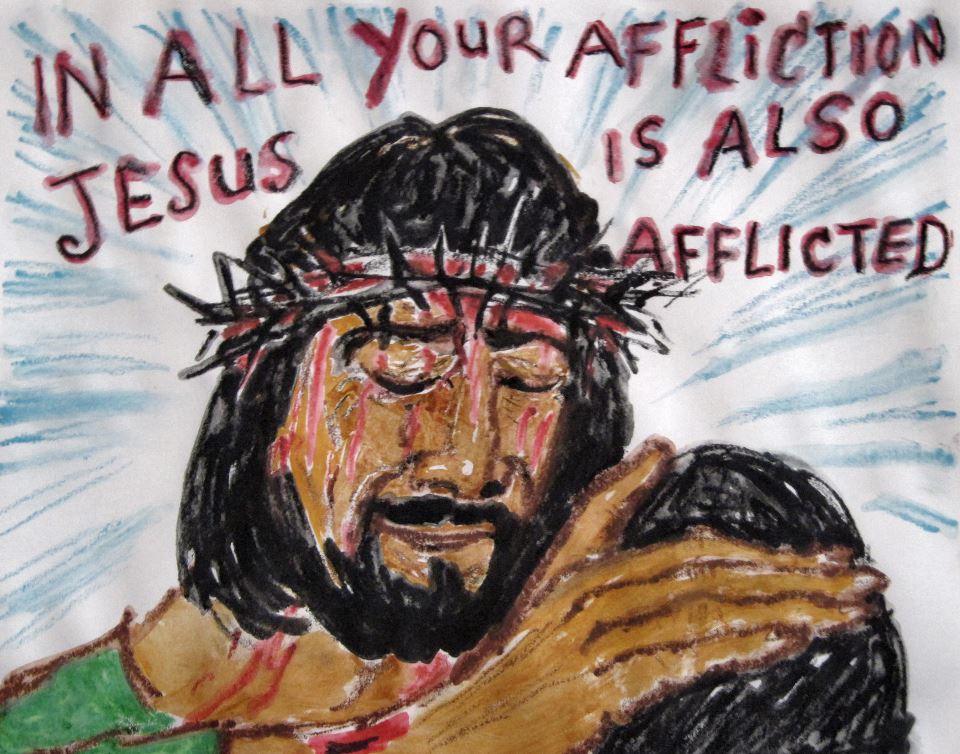Jesus spent at least a day debating with the priests and scholars of his day. His answers were intelligent and showed a deep understanding of Scripture. But Jesus didn't silence his contrarians because his answers were more true or were better argued. Rather, he won the day because of his clear moral authority.
Jewish religion, including Jesus' theology, is based on law. But not just the letter of the law, although some groups like the Pharisees built their reputation on focusing on the letter instead of the principle. But Jewish understanding of religion is based on moral principles, no matter what the specific law says. They don't just want to understand the fact of the law, but the reason behind the law, the moral principle upon which we should live our lives. And Jesus clearly had a greater understanding of the moral principle of God's law for humanity.
Jesus shows that he shows respect for authority, especially the greatest authority who is the Lord.
Jesus shows wisdom in not getting caught in an answerable question by asking an unanswerable question.
Jesus undermines any authority that uses their power to oppress the innocent, even if the innocent is himself.
Jesus strips through confusion by getting to the basic principles of theology-- the power and love of God.
Jesus declares that all moral authority is based on love, love alone.
Then Jesus asks a question that indicates that Scripture itself is a mystery, to be revealed only by God.
On the internet it is easy to engage in debate. But the one who wins debate isn't the one who is right. It' is the one who demonstrates the moral authority of love. Love always wins.
Jewish religion, including Jesus' theology, is based on law. But not just the letter of the law, although some groups like the Pharisees built their reputation on focusing on the letter instead of the principle. But Jewish understanding of religion is based on moral principles, no matter what the specific law says. They don't just want to understand the fact of the law, but the reason behind the law, the moral principle upon which we should live our lives. And Jesus clearly had a greater understanding of the moral principle of God's law for humanity.
Jesus shows that he shows respect for authority, especially the greatest authority who is the Lord.
Jesus shows wisdom in not getting caught in an answerable question by asking an unanswerable question.
Jesus undermines any authority that uses their power to oppress the innocent, even if the innocent is himself.
Jesus strips through confusion by getting to the basic principles of theology-- the power and love of God.
Jesus declares that all moral authority is based on love, love alone.
Then Jesus asks a question that indicates that Scripture itself is a mystery, to be revealed only by God.
On the internet it is easy to engage in debate. But the one who wins debate isn't the one who is right. It' is the one who demonstrates the moral authority of love. Love always wins.








